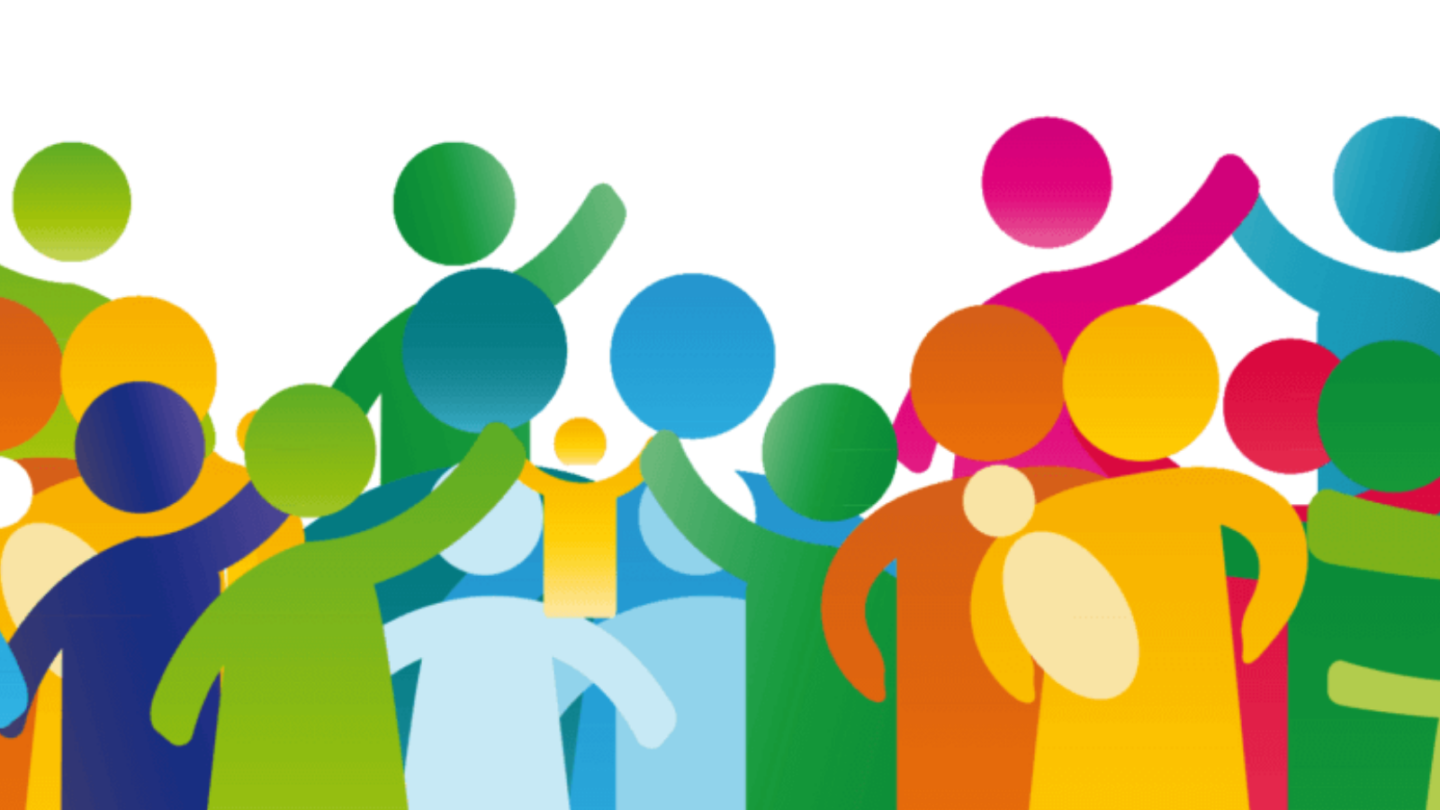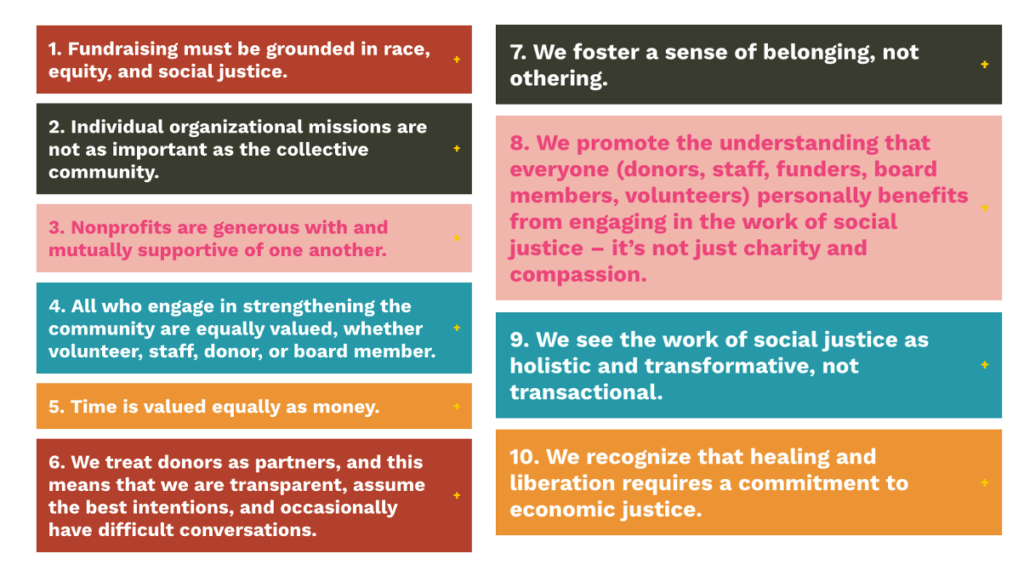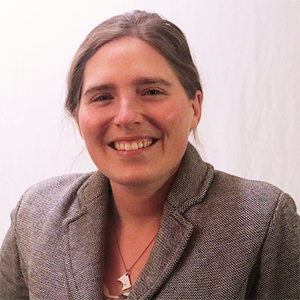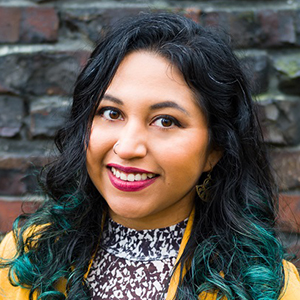
Dear Evaluators:
March 2020 was a tough month for all of us. We—Anna Rebecca (“AR”) and I (Molly)—were working as evaluators in the science and STEM museum space. Well, until the sector-wide layoffs.
In March, we found ourselves without work. We were grieving the loss of our colleagues and work friends, but, to be completely honest, we also felt a sense of relief. This is because we were extremely burned out. And it wasn’t until we were given the gift of quiet reflection and healing that we recognized this relief stemmed from our departure from the nonprofit sector’s biggest problem: its white-dominant and white supremacy culture problem. (That link defines “white supremacy culture” in a particular way that encompasses more than you may realize. Read more about what we mean in this article specific to the museum sector. And, white women, read this article.)
Speaking for myself, I didn’t learn this language until right before my departure from my museum job. I had recognized the signs of toxicity within my organization and even brought them up with leadership. I shared my concerns about my well-being and my colleagues’ well-being, as well as the museum’s. In the end, my worries and recommendations were dismissed and ignored, and I left those meetings feeling exhausted, unheard, and not valued.
That was when I knew I had to leave the museum space. I finally recognized what my friends and my partner had been telling me all along: that I couldn’t be happy there. That I couldn’t work for an organization that prefers silence and status quo, rather than recognizing its faults, apologizing, and doing what’s right.
If this story sounds familiar to any of you, that’s because this isn’t a museum problem; it is a sector-wide problem. And we as evaluators are a part of it. If you were like me, you were lost in the endless race of deadlines. Unaware that the nonprofit and program evaluation system you work within is designed to undervalue and take advantage of the communities being served (predominantly communities of color). That by not speaking up, we as evaluators are actors in the cycles of oppression that have become the status quo within the nonprofit and philanthropic sectors.
Okay, so now that the problem is laid out, what’s the solution? Well, there isn’t one clear solution. The only way to truly create change is to tear down our current system (yes, abolishment) and rebuild it using a framework based on social justice, equity, and community-centrism. And we think using the ten principles of Community-Centric Fundraising (CCF) is a key step to this process.
Yes, you read that right. Fundraising! AR and I are evaluators, but we both have found CCF’s ten principles (see Figure 1) to be instrumental in building more racial equity and social justice into our evaluation practice.

We know many people feel ready to talk about how our current status quo needs to change. And we believe CCF has the resources to help evaluators reflect bravely and converse openly about how we can change our practices for the better.
What we ask of you:
- Visit Community Centric Fundraising’s website.
- Join the CCF Slack Community and find the #evaluation channel that’s where we are!
- Reflect on how you can build more community-centrism into your practice
Much love and in solidarity,
Molly O’Connor and AR Lopez

Except where noted, all content on this website is licensed under a Creative Commons Attribution-NonCommercial-ShareAlike 4.0 International License.






 EvaluATE is supported by the National Science Foundation under grant number 2332143. Any opinions, findings, and conclusions or recommendations expressed on this site are those of the authors and do not necessarily reflect the views of the National Science Foundation.
EvaluATE is supported by the National Science Foundation under grant number 2332143. Any opinions, findings, and conclusions or recommendations expressed on this site are those of the authors and do not necessarily reflect the views of the National Science Foundation.